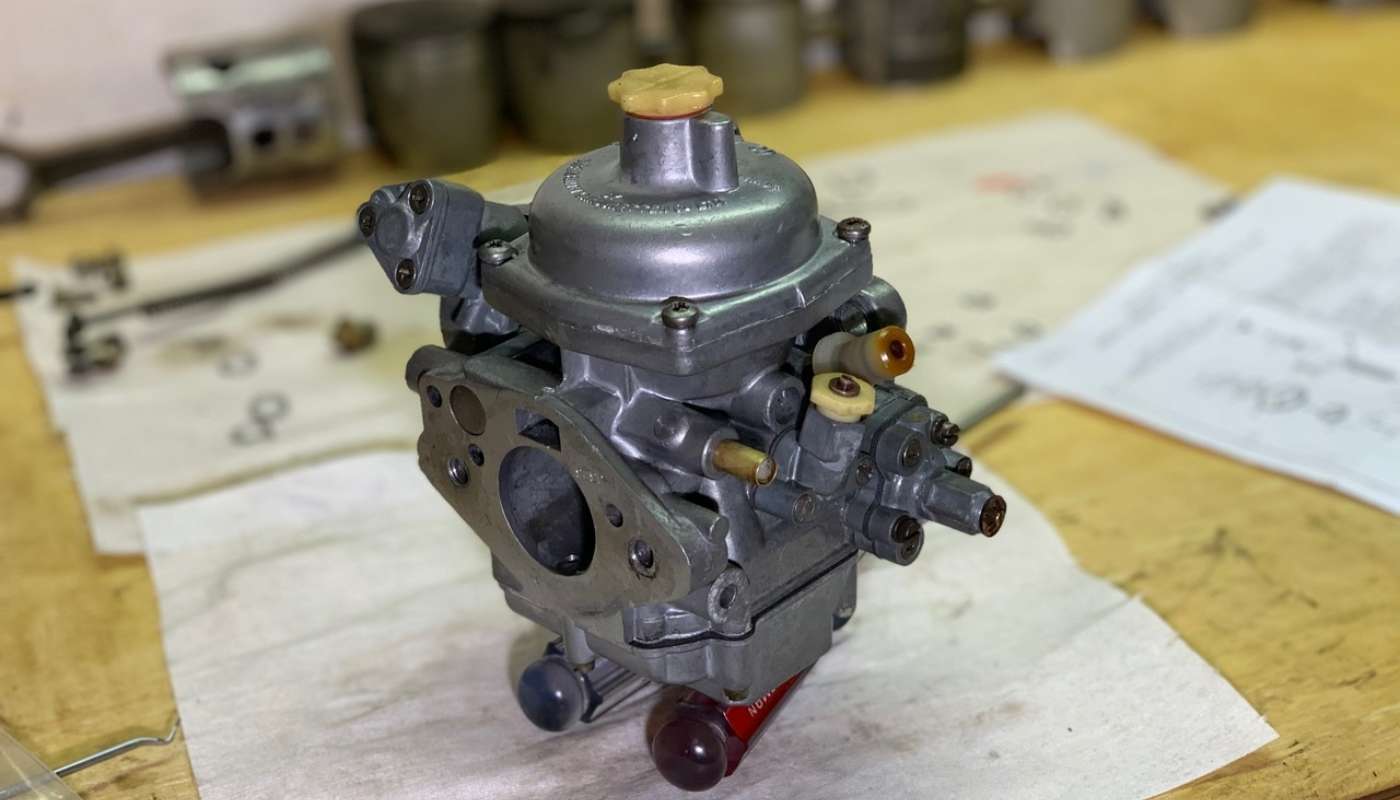
Cheap Ultrasonic Cleaners: Are They Worth It?
By Dean Larson
If you’re anything like me, you probably spend a lot of time scrubbing on dirty old parts (there’s got to be a joke in there somewhere), so the prospect of a cheap ultrasonic cleaner is quite attractive. Drop it, in turn it on and come back to a clean carburetor an hour later — no scrubbing right? But for $100 or less, you got a wonder if they’re really worth it and what they can do. So to find out, I purchased the cheapest one out there, the Harbor Freight 2.5-liter ultrasonic cleaner, and tested it out on a few carburetors in my shop to see if it’s worth a damn.
By way of background, an ultrasonic cleaner uses heat and ultrasonic sound waves from 20-40 kHz to agitate cleaning solvents to amplify their effect. To put it simply, the sound waves cause small cavitation bubbles to form, which are essentially partial vacuum bubbles formed by compression waves in the liquid, and these bubbles burst with a lot of energy, which aids the cleaning solution in the removal of dirt, grease and other contaminants.
The Hardware
Ultrasonic cleaners have become cheap enough these days for noncommercial home use in your garage, and there are quite a few options out there for under $200. The main differentiators in this price range are capacity in the tank and how quickly the cleaner can heat up the solution. To get my feet wet, I went with Harbor Freight’s 2.5-liter cleaner from Central Machinery. It’s hard to beat on price at just $79.99 and you can get one most anywhere at your local Harbor Freight.
Other than the low cost and same-day availability, the Central Machinery ultrasonic is as simple as could be, with just four buttons controlling the heating element and cleaning duration, which goes for around five minutes per session. It has a plastic tray at the bottom to place your parts on and a lid to retain heat, and that’s about it.
The next step is picking a solvent, and you’ll want to use different types depending on what you’re cleaning, usually in some sort of diluted solution with water. I’ll be cleaning a lot of aluminum, so finding an aluminum-safe solvent was key, and I chose Simple Green Pro HD. The 1-gallon bottle of concentrate is only $14.00, and makes up to 40 gallons of solution depending how you mix it. I started with a safe 1:3 ratio of Simple Green to water.
For test subjects, I used a couple different carburetors from around my shop. The first is the Zenith-Stromberg 150CD from my Triumph Spitfire 1500, and the other a 38 mm Mikuni round-slide from an old Polaris snowmobile. Neither carburetor was especially dirty to begin with, but there was room for improvement, as you'll see.
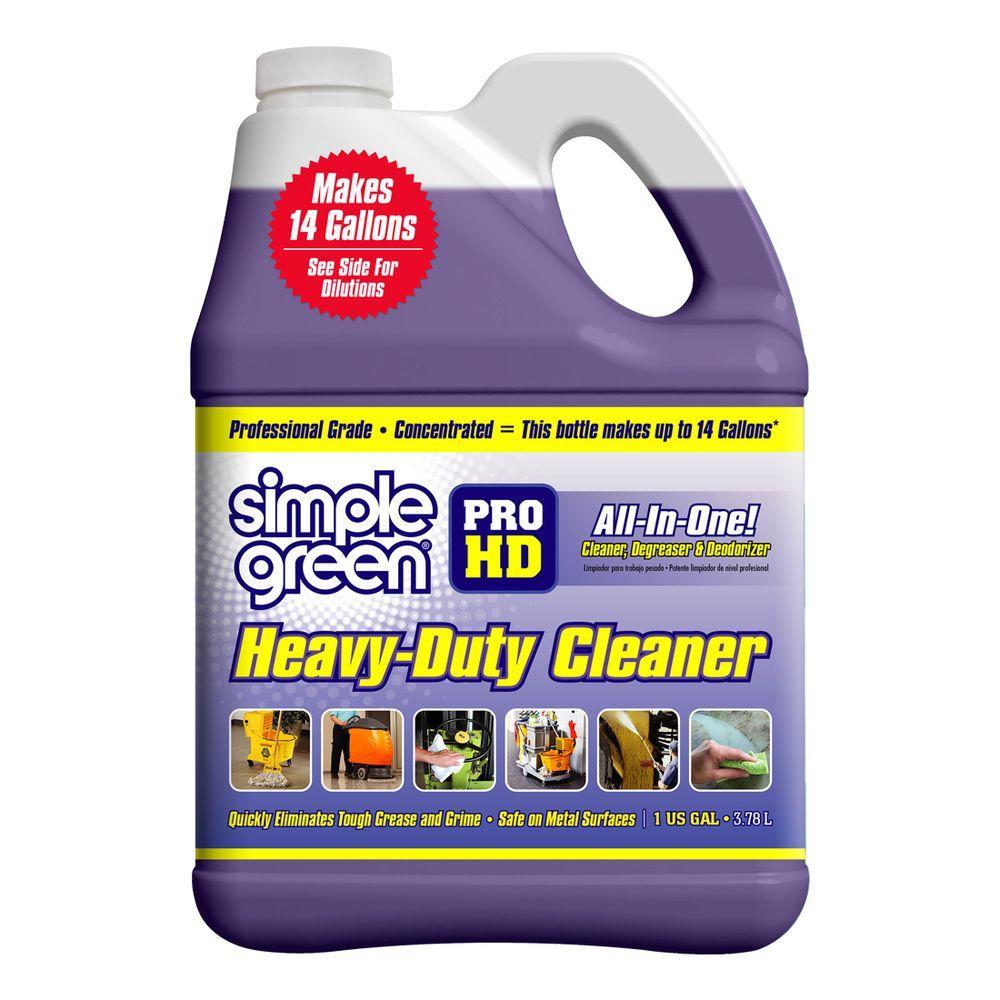
Results and Conclusions
In short, I was presently surprised with how much this little cleaner could accomplish in a short five-minute cleaning cycle — without a doubt more than I would have accomplished in the usual carb-cleaner-and-scrub fashion. I ran most of the 150CD parts through in several five-minute cycles, devoting 10-15 minutes for each part of the carburetor. Neither of the carburetors were completely covered by the solution, even when completely disassembled, but rotating the parts after each cycle got the job done, even if the lid wouldn’t shut. Overall, I’m stoked on the results I got with the Harbor Freight unit, even if neither of the carbs were crazy filthy when I started, but I think the before and after shots of the Mikuni round-slides prove the point.
Everything is a trade off, and the review of this ultrasonic cleaner wouldn’t be complete without addressing its major shortcomings. What you gain in availability, simplicity and low cost, you loose in capacity. At 2.5 liters, this cleaner is one of the smallest out there, and you’d be hard pressed to clean items much bigger than the Zenith-Stromberg. I’m guessing a regular four-barrel would probably fit if it were disassembled, but nothing larger. From my research I also can say that this cleaner is ruined immediately if you overfill it with solution, and there is no provision for easily draining the tank. While we’re nitpicking, the plastic tray is also small and hard to lift out, and I think it would be useful to be able to set it for durations longer than five minutes. Most of these complaints are minor, except for the capacity, and I can see myself upgrading to a larger unit at some point. Spend a few minutes on the web and you'll come up with units 10 times this size for under $300 on eBay, but of course that's a whole different ball game.
We’ll see what it’s like living with the Central Machinery ultrasonic for more than a weekend. I think I could go with a more aggressive solution mixture going forward, and I’m interested to see what it will do on carburetors that seem unsalvageable by conventional means, so stick around for a long-term review. For now, I have more dirty carbs to clean, especially now that all my friends know I bought an ultrasonic.

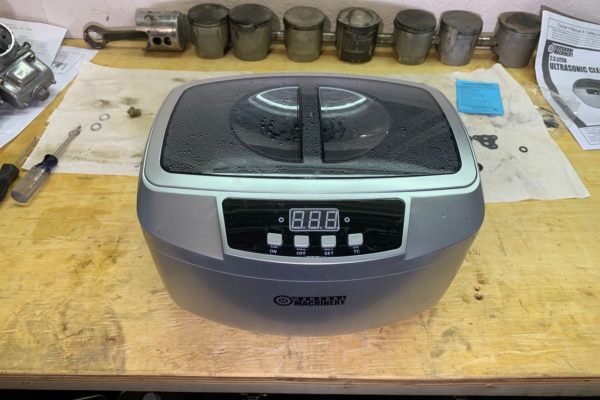
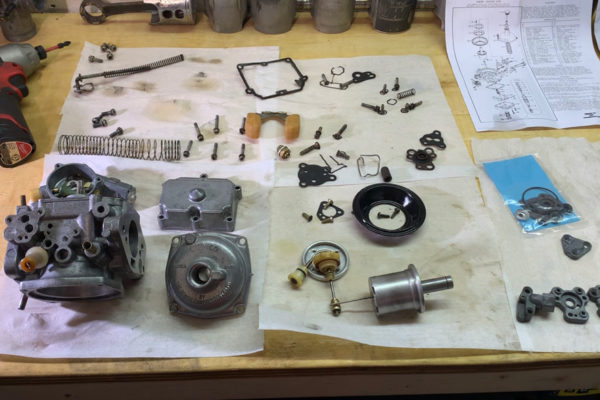
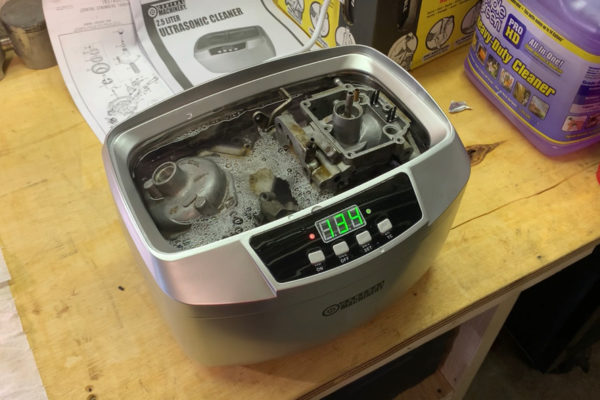

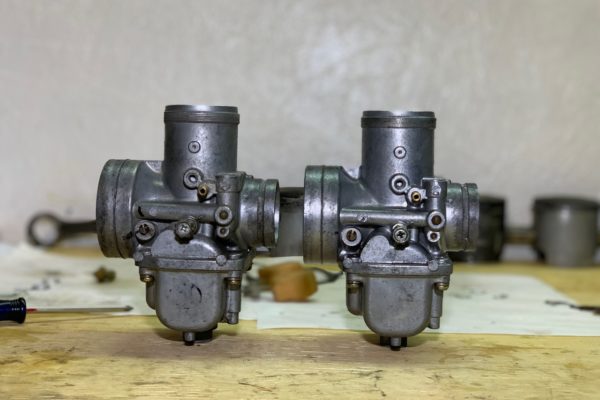
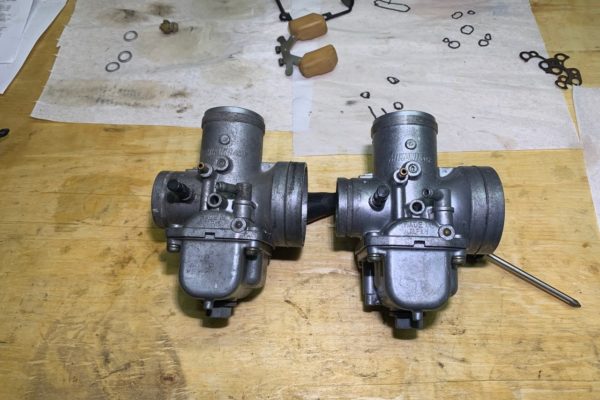
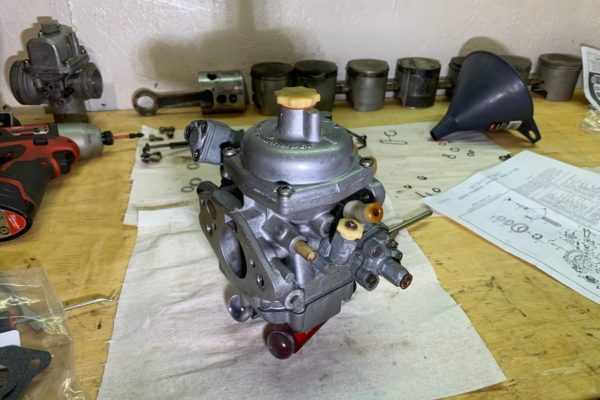
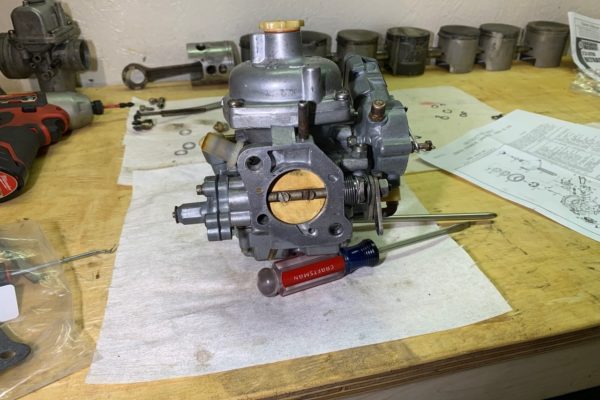
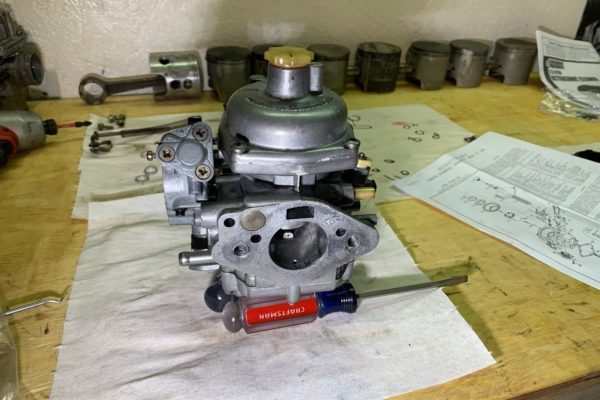
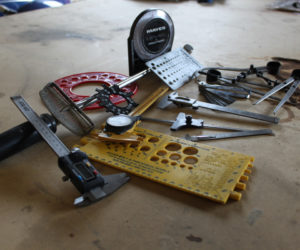
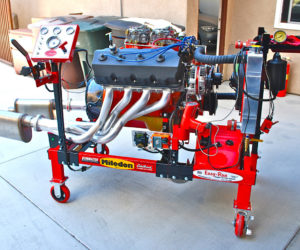
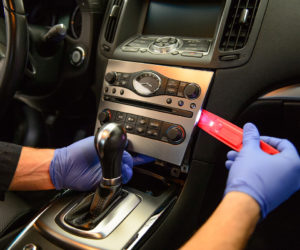
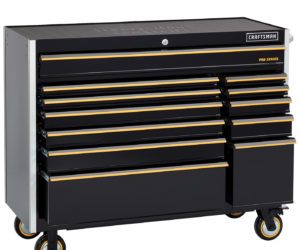
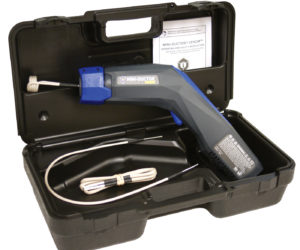
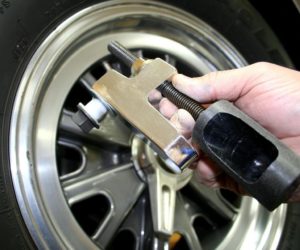




Comments for: Cheap Ultrasonic Cleaners: Are They Worth It?
comments powered by Disqus